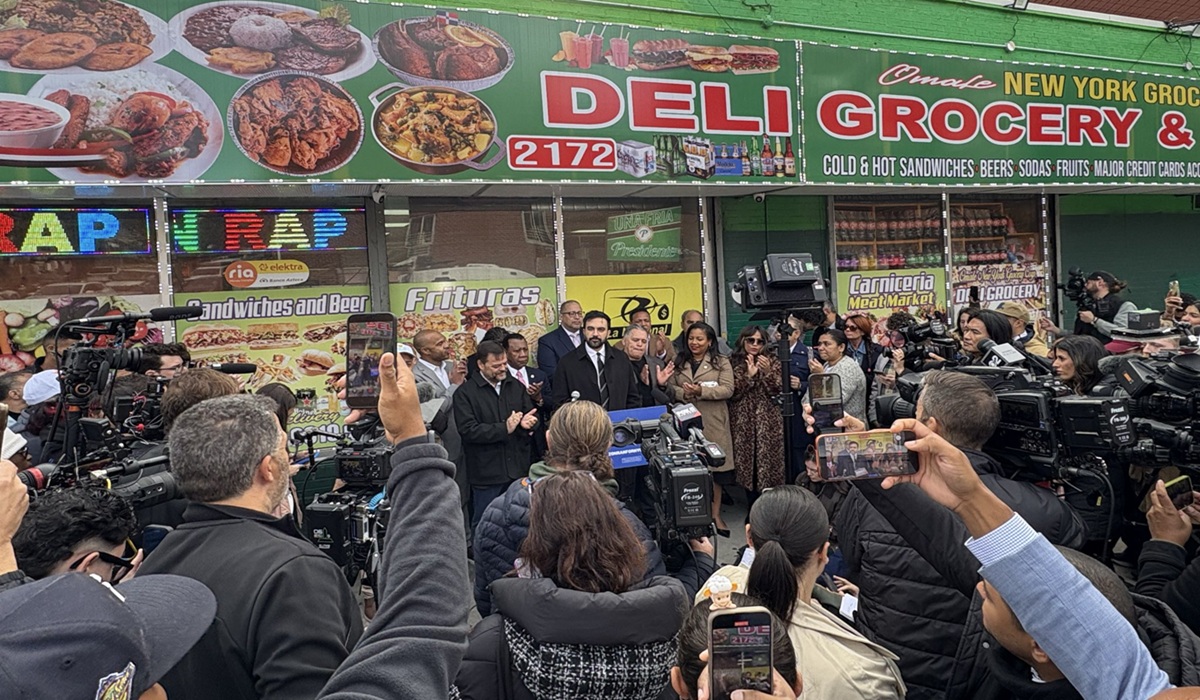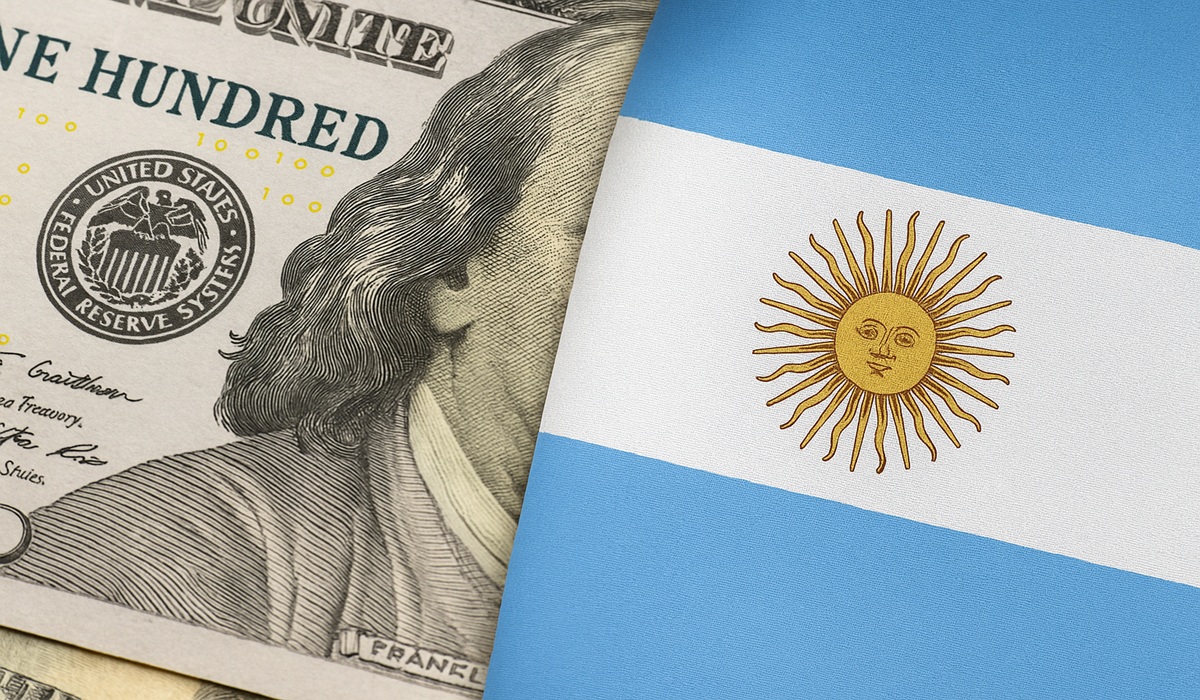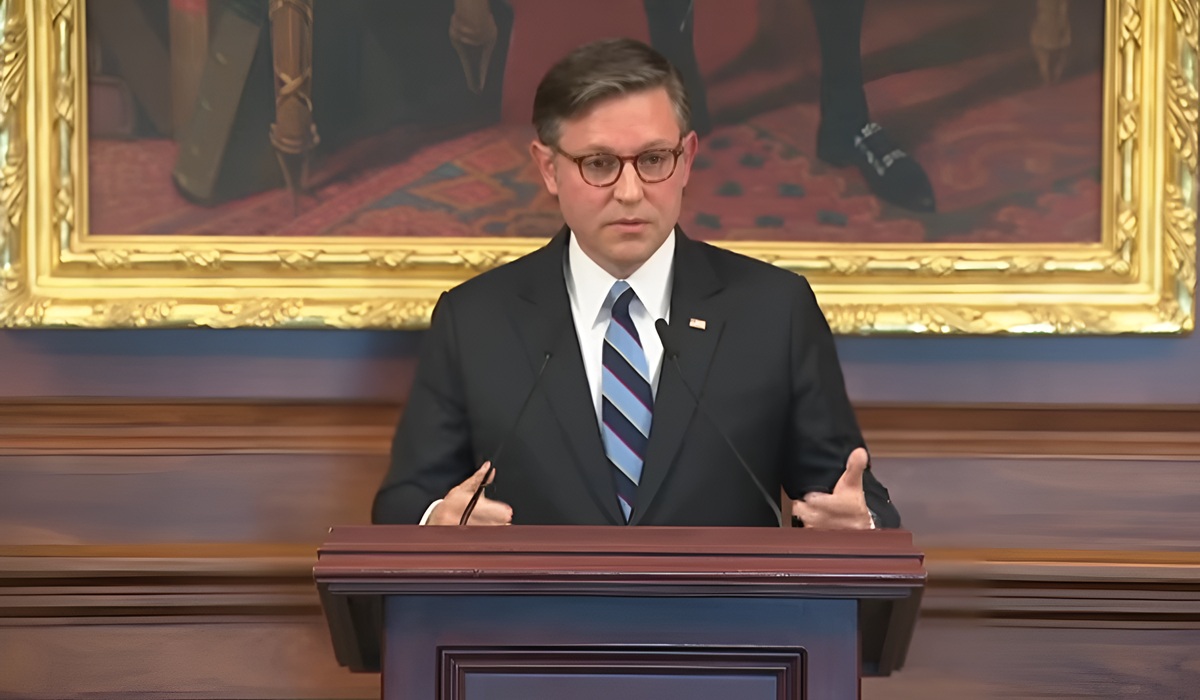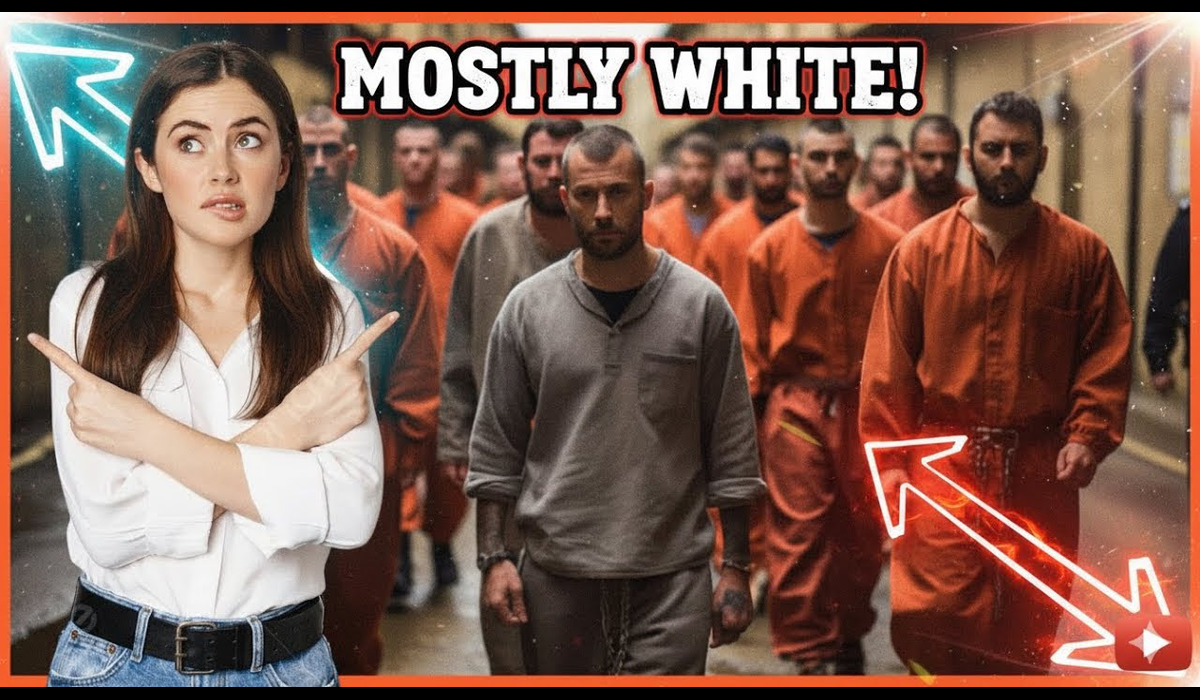Charlie Kirk’s Death and the Media’s Double Standard: From Provocateur to Martyr Overnight
- TDS News
- U.S.A
- September 13, 2025

By: Donovan Martin Sr, Editor in Chief
When Charlie Kirk was assassinated, the country erupted—not just in grief, but in a sudden, almost instinctive reshaping of reality. The shooter, Tyler Robinson, a white Republican from Utah and admirer of current President Trump, did not fit the pre-assembled narrative of the “radical left.” And just like that, the story pivoted: outrage vanished, memorials multiplied, and a man who spent years provoking division and stoking hate was instantly recast as a martyr.
The arrest of Tyler Robinson has exposed the way America selectively interprets violence, identity, and morality. In the hours following Kirk’s assassination, the blame was cast on radical leftists, Antifa, Muslims, and the Black community. Outrage was immediate, amplified by political figures and media personalities. Then the truth emerged: the killer was one of “their own.” Overnight, the story transformed, and media narratives sanitized the act, recasting Kirk as a hero and Robinson as an anomaly.
Kirk’s death has produced near-hagiographic coverage. Politicians, celebrities, and media outlets showered him with praise, celebrating his “legacy” in ways that ignore decades of misogyny, racism, and incendiary rhetoric. Where was this reverence when Kirk actively targeted marginalized communities or provoked anger and fear? His words were amplified, defended, and normalized during his life—but only in death have they been reframed as the words of a visionary.
Globally, his death has sparked both celebration and mourning. Millions who once criticized him now participate in his memorialization. The contradictions are stark: those who mourn him are lionized; those who critique him are silenced, chastised, or turned into clickbait—such as Canadian minister Nahanni Fontaine, who faced backlash simply for reposting a comment calling Kirk racist and misogynistic. Fontaine did not advocate violence, nor did she celebrate the assassination; she amplified an opinion already widely known. Yet she was forced to apologize, and the media turned her post into clickbait, framing her as provocative.
Fontaine’s case warrants attention. She was right in reposting factual opinion about Kirk’s career and behaviour, accurately addressing his offensive, misogynistic, and divisive actions. She neither glorified the assassination nor incited violence or harm. She should not have been pressured to offer an apology, as it falsely implied guilt for speaking truth to power. By forcing her to apologise, the media made her appear malleable, further damaging her credibility, which was already under heightened scrutiny, and undermining the principle that honest critique in this moment should not be punished for causing discomfort.
The Fontaine case also illustrates a generational and global disconnect in media judgement. A politician’s critique of hate speech is sensationalized, while decades of amplification for someone like Kirk are normalized. This imbalance is not accidental. It underscores the way media institutions wield outrage selectively, rewarding some and punishing others based on identity, ideology, or convenience. In essence, it is a lesson in manufactured morality, designed for clicks and ratings rather than truth.
To be clear, the assassination of Charlie Kirk is horrific, disheartening, and should be condemned outright. But condemnation of the act cannot erase the reality of who Kirk was. He was a racist. He was misogynistic. He was a race-baiter who thrived on stirring hatred. He was a provocateur who incited anger and division as part of his brand. To suddenly erase all of that because of his assassination is dishonest. It is revisionist history, designed not to honour truth but to comfort those who wish to remember him differently.
Right now, the media has doubled down on sanitizing Kirk’s image and placing halos above his head. He is being spoken of in tones reserved for saints, not provocateurs. But let’s not pretend that Charlie Kirk ever lacked a platform in America. He thrived on the “freedom” of speech—though in his case, it often manifested as hate speech or divisive rhetoric—and half of America found his words troubling. One might assume that “half” means Democrats, but Robinson’s actions prove it isn’t that simple. After all, Kirk was assassinated not by a leftist, not by Antifa, but by a fellow Republican.
That contradiction forces uncomfortable questions. If Kirk could sell out college campuses, pack rallies with tens of thousands, and reach hundreds of thousands each year through media exposure, then what does it mean to say he is being sanitized only now? The truth is, Kirk has always benefited from amplification. His hate-filled rhetoric was promoted, defended, and reframed as patriotism by his supporters. His followers never saw it as hate—they saw it as truth-telling. And if that worldview can be celebrated by the masses in America and honoured globally with martyrdom after his death, what does that say about society itself?
It is fair to acknowledge that difference of opinion is vital in any democracy. No one person is entirely wrong in every view. Even Kirk, with all his provocations, at times made Americans think about issues, forced uncomfortable debates, and tested the boundaries of discourse. But that does not excuse the unforgivable. He crossed lines repeatedly, using cruelty as a weapon, using race as a cudgel, and using division as a tool for profit and influence. To pretend otherwise in the wake of his death is to abandon honesty altogether.
And what does this mean for the larger conversation? If truth to power is the goal, then let’s be honest: American politicians regularly call for violence, sometimes outright, sometimes veiled. They inscribe names on bombs. They revel in the destruction of their enemies. Selective outrage is baked into the very structure of American political life. So when Kirk’s death is framed as unspeakable while other political killings barely register, we see the same pattern again: empathy as a tool, outrage as a weapon, memory as a battlefield.
The media’s treatment of Kirk—and their ongoing clickbait framing of Fontaine—reveals a deep flaw in societal accountability. Society is quick to sanctify those who align with dominant narratives or serve as convenient symbols, while punishing those who call out uncomfortable truths. The disparity exposes how selective outrage is weaponised to maintain ideological control and pit citizens against each other, reinforcing division under the guise of morality.
This is not just about one man’s assassination. It is about the way America constructs its heroes and villains, not from truth but from convenience. Kirk is now sanitized, haloed, reimagined. But what his assassination truly exposes is a society that uses media not to confront power, but to pit people against each other, to rewrite narratives, and to comfort itself with myths. Selective outrage keeps the cycle alive—and until it is confronted honestly, the next tragedy will play out the same way.
History shows what happens when martyrdom becomes a substitute for truth. Legacies are whitewashed, accountability is lost, and the same destructive forces are allowed to thrive under new names, new faces, and new moments of violence. The lesson of Charlie Kirk’s assassination is not that he should be sanctified, but that the nation must finally confront its addiction to selective memory.
Charlie Kirk is dead, but the lesson is alive: selective outrage and media-sanctioned myth-making are America’s most dangerous legacies. Honour is granted not by truth, but by convenience. If society cannot confront hate, hypocrisy, and selective martyrdom honestly, the next cycle of division, amplification, and myth-making will consume us all.








